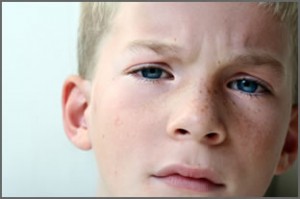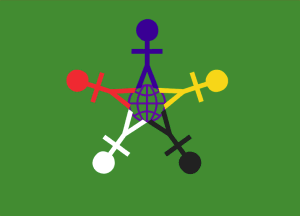Lori Gottlieb (The Atlantic) asks the question if as parents are we doing too much for our children, and can well meaning parents ruin their children?
Here I was, seeing the flesh-and-blood results of the kind of parenting that my peers and I were trying to practice with our own kids, precisely so that they wouldn’t end up on a therapist’s couch one day. We were running ourselves ragged in a herculean effort to do right by our kids—yet what seemed like grown-up versions of them were sitting in our offices, saying they felt empty, confused, and anxious. Back in graduate school, the clinical focus had always been on how the lack of parental attunement affects the child. It never occurred to any of us to ask, what if the parents are too attuned? What happens to those kids?
Child-rearing has long been a touchy subject in America, perhaps because the stakes are so high and the theories so inconclusive. In her book Raising America: Experts, Parents, and a Century of Advice About Children , Ann Hulbert recounts how there’s always been a tension among the various recommended parenting styles—the bonders versus the disciplinarians, the child-centered versus the parent-centered—with the pendulum swinging back and forth between them over the decades. Yet the underlying goal of good parenting, even during the heyday of don’t-hug-your-kid-too-much advice in the 1920s (“When you are tempted to pet your child, remember that mother love is a dangerous instrument,” the behavioral psychologist John Watson wrote in his famous guide to child-rearing), has long been the same: to raise children who will grow into productive, happy adults. My parents certainly wanted me to be happy, and my grandparents wanted my parents to be happy too. What seems to have changed in recent years, though, is the way we think about and define happiness, both for our children and for ourselves.
, Ann Hulbert recounts how there’s always been a tension among the various recommended parenting styles—the bonders versus the disciplinarians, the child-centered versus the parent-centered—with the pendulum swinging back and forth between them over the decades. Yet the underlying goal of good parenting, even during the heyday of don’t-hug-your-kid-too-much advice in the 1920s (“When you are tempted to pet your child, remember that mother love is a dangerous instrument,” the behavioral psychologist John Watson wrote in his famous guide to child-rearing), has long been the same: to raise children who will grow into productive, happy adults. My parents certainly wanted me to be happy, and my grandparents wanted my parents to be happy too. What seems to have changed in recent years, though, is the way we think about and define happiness, both for our children and for ourselves.
Nowadays, it’s not enough to be happy—if you can be even happier. The American Dream and the pursuit of happiness have morphed from a quest for general contentment to the idea that you must be happy at all times and in every way. “I am happy,” writes Gretchen Rubin in The Happiness Project: Or, Why I Spent a Year Trying to Sing in the Morning, Clean My Closets, Fight Right, Read Aristotle, and Generally Have More Fun , a book that topped the New York Times best-seller list and that has spawned something of a national movement in happiness-seeking, “but I’m not as happy as I should be.” Curious? Continue reading
, a book that topped the New York Times best-seller list and that has spawned something of a national movement in happiness-seeking, “but I’m not as happy as I should be.” Curious? Continue reading
Source: The Atlantic


